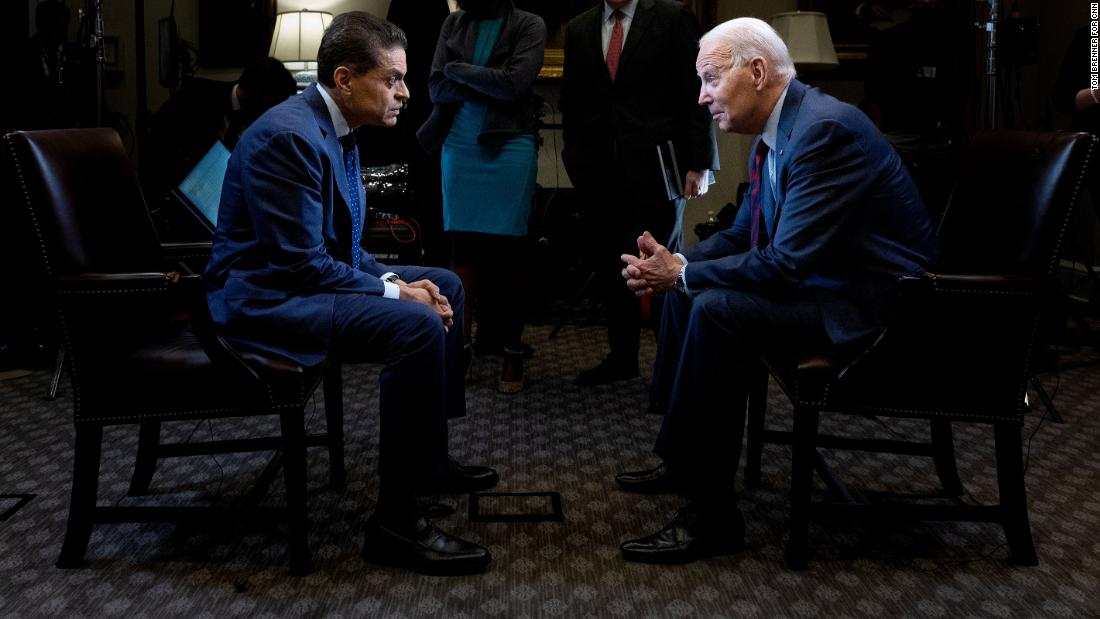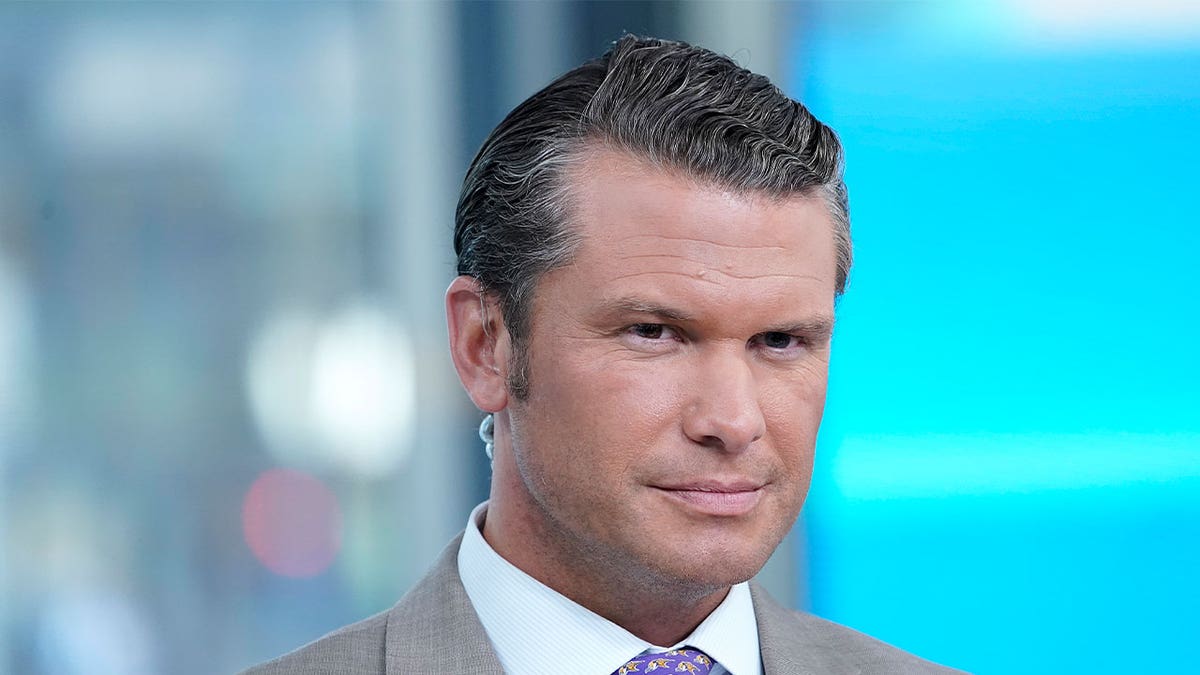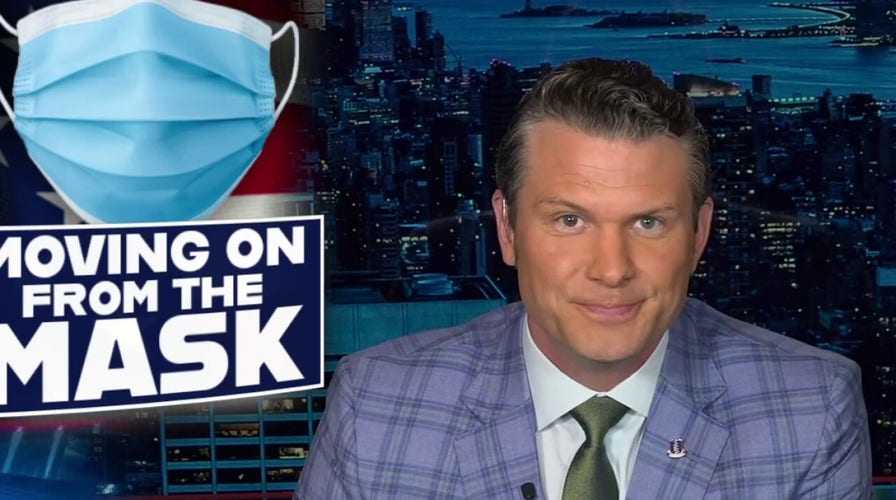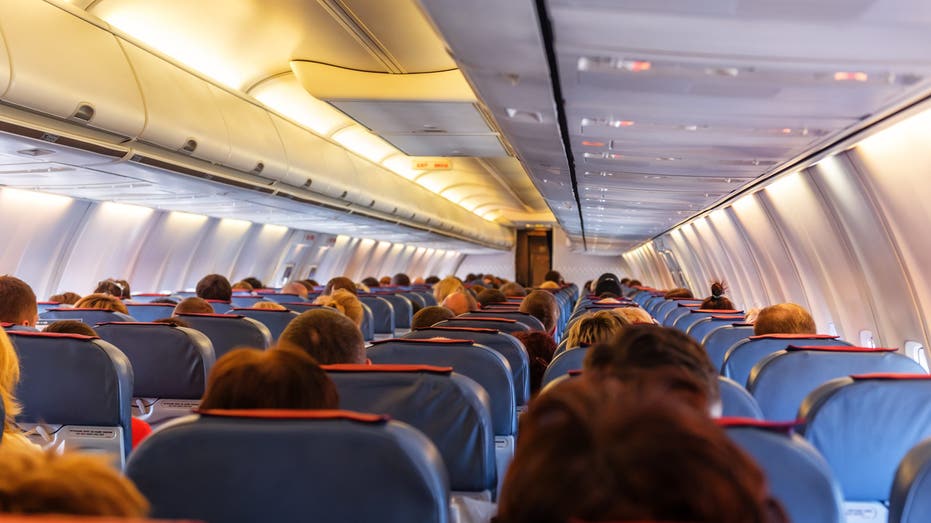- by foxnews
- 27 Nov 2024
CNN Exclusive: Biden says sending cluster munitions to Ukraine was 'difficult decision,' but 'they needed them'

Watch the full interview with President Joe Biden at 10 a.m. ET Sunday on "Fareed Zakaria GPS."
President Joe Biden told CNN's Fareed Zakaria Friday that it was a "difficult decision" to provide Ukraine with cluster munitions for the first time, but that he was ultimately convinced to send the controversial weapons because Kyiv needs ammunition in its counteroffensive against Russia.
The White House announced Friday that the president had approved the transfer of cluster munitions to Ukraine, the latest instance where the US has provided Kyiv with weapons it initially resisted sending into the war.
"It was a very difficult decision on my part. And by the way, I discussed this with our allies, I discussed this with our friends up on the Hill," Biden said, adding, "The Ukrainians are running out of ammunition."
The interview will air in full on "Fareed Zakaria GPS" on Sunday.
The cluster munitions that the US will send to Ukraine will be compatible with US-provided 155mm howitzers, a key piece of artillery that has allowed Ukraine to win back territory over the last year.
Biden told Zakaria that the cluster munitions were being sent as a "transition period" until the US is able to produce more 155mm artillery.
"This is a war relating to munitions. And they're running out of that ammunition, and we're low on it," Biden said. "And so, what I finally did, I took the recommendation of the Defense Department to - not permanently - but to allow for this transition period, while we get more 155 weapons, these shells, for the Ukrainians."
There are more than 100 countries, including the UK, France, and Germany, who have outlawed the munitions under the Convention on Cluster Munitions. But the US and Ukraine are not signatories to the ban.
"They're trying to get through those trenches and stop those tanks from rolling. But it was not an easy decision," Biden said. "We're not signatories to that agreement, but it took me a while to be convinced to do it."
He added, "But the main thing is they either have the weapons to stop the Russians now - keep them from stopping the Ukrainian offensive through these areas - or they don't. And I think they needed them."
The decision to provide cluster munitions comes at a critical point in the war, as the Ukrainians have struggled to make major gains in their counteroffensive against Russia.
Biden is heading to Europe on Sunday for a weeklong trip, including a NATO summit in Lithuania, where Russia's war against Ukraine - as well as Kyiv's push to join NATO - are key issues looming over the summit.
Ahead of that trip, Biden told Zakaria that Russia's war in Ukraine needs to end before the alliance can consider adding Kyiv to its ranks.
Biden said that while Ukraine's membership in NATO was premature, the US and its allies in NATO would continue to provide President Volodymyr Zelensky and his forces the security and weaponry they need to try to end the war with Russia. Zelensky's push for NATO membership will be among the key issues looming over the gathering.
"I don't think there is unanimity in NATO about whether or not to bring Ukraine into the NATO family now, at this moment, in the middle of a war," Biden said. "For example, if you did that, then, you know - and I mean what I say - we're determined to commit every inch of territory that is NATO territory. It's a commitment that we've all made, no matter what. If the war is going on, then we're all in war. We're at war with Russia, if that were the case."
- by foxnews
- descember 09, 2016
Flight passenger ignites debate after posting photo of traveler's coat thrown over seat
A traveler who said he was flying on Delta posted a photo on Reddit showing that a passenger had their jacket draped over a seat, sparking a discussion in the comments section.
read more


